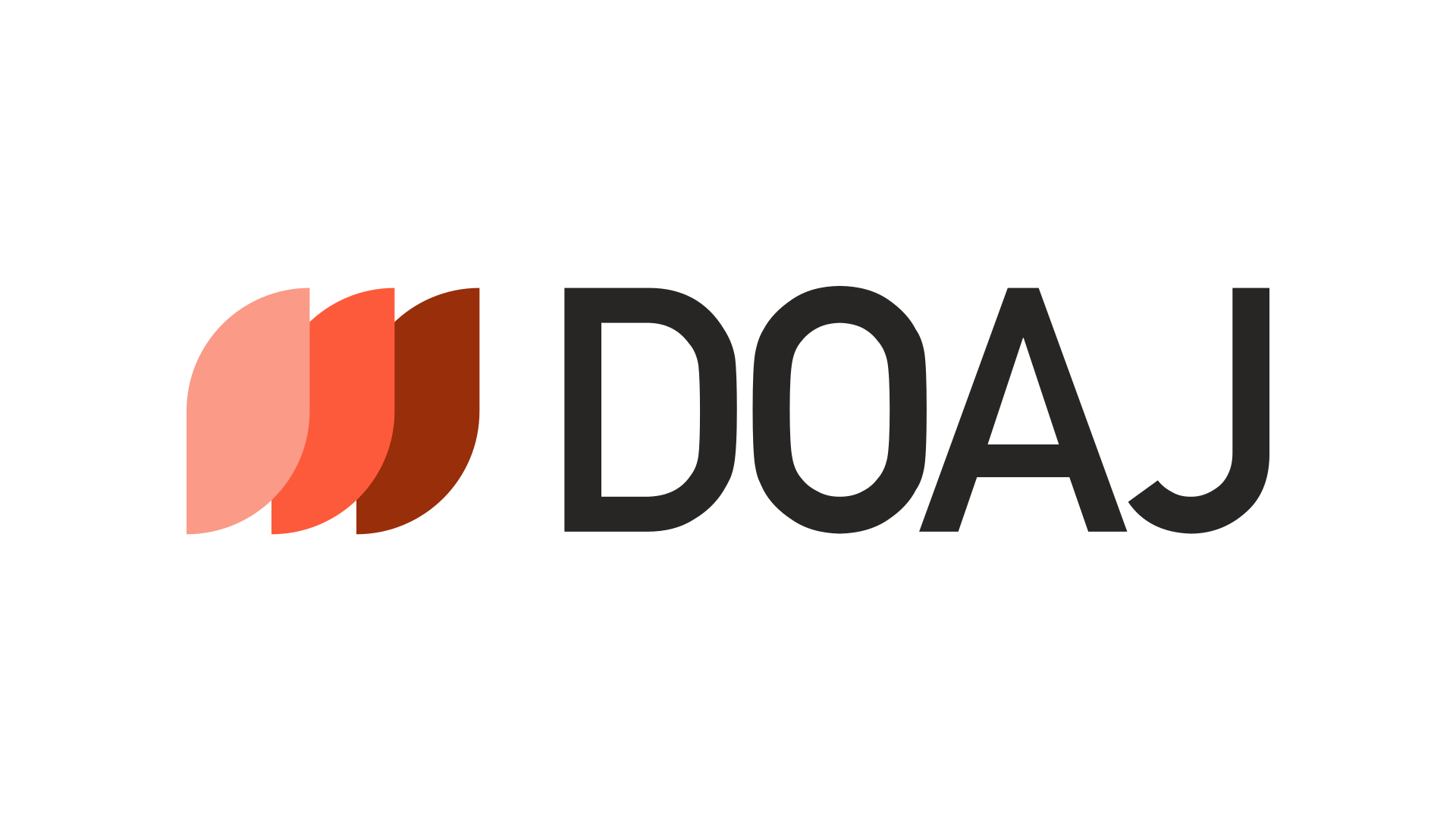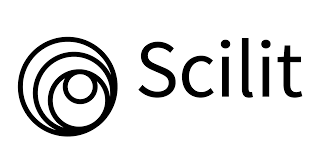DECIMATED DREAMS? EDUCATION AND CAREER PROSPECTS AMONG STUDENTS UNDER TALIBAN GOVERNANCE
DOI:
https://doi.org/10.38043/jids.v9i2.7077Keywords:
Taliban, Afghanistan, Education, Career Aspirations, Gender DisparityAbstract
This study explores the impact of Taliban-imposed educational restrictions on Afghan students, with a focus on Malika Suraya Girls' High School and Nasir Khisraw Boys' High School in Kabul. Afghanistan’s education system has long been shaped by conflict and instability, but the Taliban’s return to power in 2021 introduced unprecedented restrictions, particularly on female students. These restrictions have resulted in school closures, diminished access to formal learning, and constrained career prospects. While previous research has largely examined Afghanistan’s broader socio-political and economic context, few studies have quantitatively assessed the educational and career consequences of Taliban policies at the student level. This study employs a quantitative design, surveying 90 participants, including both students and teachers, to measure the effects of school closures on educational participation, adoption of informal learning, and shifts in career aspirations. Results indicate that female students were disproportionately affected by restrictions, with 77% of participants reporting changes in their career aspirations due to limited opportunities. The findings also show a notable rise in informal learning among female students as a coping strategy, while male students faced reduced motivation and career uncertainty. By using empirical evidence, this study contributes to debates on education in conflict and post-conflict societies, demonstrating how Taliban restrictions undermine human capital formation and long-term economic stability. The novelty lies in its quantitative approach, offering data-driven insights into how education policies under authoritarian regimes directly shape youth motivation, learning strategies, and professional trajectories.
Downloads
References
Adel, S., & Anoraga, B. (2023). Afghan youth's expectation for educational, economic and political development during the reign of Taliban. International Journal of Islamic Studies Higher Education, 2(1), 1627. https://doi.org/10.24036/insight.v2i1.128
Ahmadzai, A., Momand, A., Zulkifal, S., & Mujtaba, B. G. (2025). A phenomenological inquiry of Afghan women and leadership: Assessing factors influencing female professionals' career success in Afghanistan. Educational Planning, 32(1), 97116. https://eric.ed.gov/?id=EJ1466513
Alemi, S. H. A., Cai, L., Draissi, Z., & Jan, Q. (2025). A qualitative study of the Afghan government falls impact on Afghanistans higher education. Compare: A Journal of Comparative and International Education, 119. https://doi.org/10.1080/03057925.2025.2452461
AlviAziz, H. (2008). A progress report on women's education in postTaliban Afghanistan. International Journal of Lifelong Education, 27(2), 169178. https://doi.org/10.1080/02601370801936333
Amiri, M. H. (2023). Obstacles to womens rights to education: The Taliban regime and its policies on womens education in Afghanistan. Journal of Asian Social Science Research, 5(2), 167184. https://doi.org/10.15575/jassr.v5i2.71
Amiri, M. H., & Ahmadi, B. (2023). Investigating the status of women's education under Taliban rule. International Journal of Islamic Studies Higher Education, 2(3), 205222. https://doi.org/10.24036/insight.v2i3.150
Azizi, B. L. (2023). Educational challenges faced by Afghan women under past and current Taliban regime in Afghanistan (Doctoral dissertation). AUW. http://repository.auw.edu.bd:8080/handle/123456789/285
Danish, F., & Omar, H. (2025). Female lecturers challenges in Afghanistan's higher education under the Taliban rule. International Journal of Language and Literary Studies, 7(3), 158168. https://www.ijlls.org/index.php/ijlls/article/view/2152
Easar, F., Azizi, H., Rahmani, K., Moradi, M., Taieb, R., & Faqiryar, W. N. (2023). Education in Afghanistan since 2001: Evolutions and rollbacks. MISC. https://www.ssoar.info/ssoar/handle/document/85341
Eslami, R., & Hasin, B. A. (2025). Theology education and its application in Afghanistan's educational policies (19732021): A narrative review. Journal of World Sociopolitical Studies, 9(1). https://journals.ut.ac.ir/article_101163_6567eb8cbcc86503568954d269d372f1.pdf
Johnson, T. H., & DuPee, M. C. (2012). Analysing the new Taliban Code of Conduct (Layeha): An assessment of changing perspectives and strategies of the Afghan Taliban. Central Asian Survey, 31(1), 7791. https://doi.org/10.1080/02634937.2012.647844
Johnson, T. H., & Mason, M. C. (2007). Understanding the Taliban and insurgency in Afghanistan. Orbis, 51(1), 7189. https://doi.org/10.1016/j.orbis.2006.10.006
Khan, A., & Durrani, A. (2024). The future of Afghanistan under Taliban-led regime: Challenges and likely scenarios. Liberal Arts and Social Sciences International Journal (LASSIJ), 8(1), 121. https://doi.org/10.47264/idea.lassij/8.1.1
Khan, K., Rafi, M., & Khan, U. N. (2025). Afghanistans Taliban denial of womens education: A violation of international human rights law. Social Science Review Archives, 3(2), 18261842. https://doi.org/10.70670/sra.v3i2.801
Pherali, T., & Sahar, A. (2018). Learning in the chaos: A political economy analysis of education in Afghanistan. Research in Comparative and International Education, 13(2), 239258. https://doi.org/10.1177/1745499918781882
Rauf, M. B. (2021). Educational challenges in Afghanistan after the return of Taliban. Pakistan Journal of International Affairs, 4(4).
Roof, D. J. (2015). Day-by-day: Higher education in Afghanistan. FIRE: Forum for International Research in Education, 1(3), 6480. https://eric.ed.gov/?id=EJ1133794
Ruttig, T. (2021). Have the Taliban changed. Combating Terrorism Center Sentinel, 14(3), 115. https://ctc.westpoint.edu/have-the-taliban-changed/
Shahir, S., Ren, X., & Noor, S. (2025). Silenced voices, enduring struggles: An Islamic feminist analysis of Afghan female academics under Taliban rule. Women's Studies International Forum, 113, 103193. https://doi.org/10.1016/j.wsif.2025.103193
Wardak, S. (2022). Leadership for change: Teacher education in Afghanistan: A decade of challenge in reconstruction, reform, and modernization in a post-conflict society. https://aura.antioch.edu/etds/863/?tfa_187=aero
Yousufi, F. (2021). The prospect of womens rights in the post-Taliban-government peace agreement. Journal of International Women's Studies, 22(9), 118.
Mashriqi, K. (2016). Afghanistan women perceptions of access to higher education. Journal of Research Initiatives, 2(1), 2. https://vc.bridgew.edu/jiws/vol22/iss9/1
Downloads
Published
How to Cite
Issue
Section
License
Copyright (c) 2025 Susan Yasini, Sayed Saied Shamsi

This work is licensed under a Creative Commons Attribution-NonCommercial 4.0 International License.

















